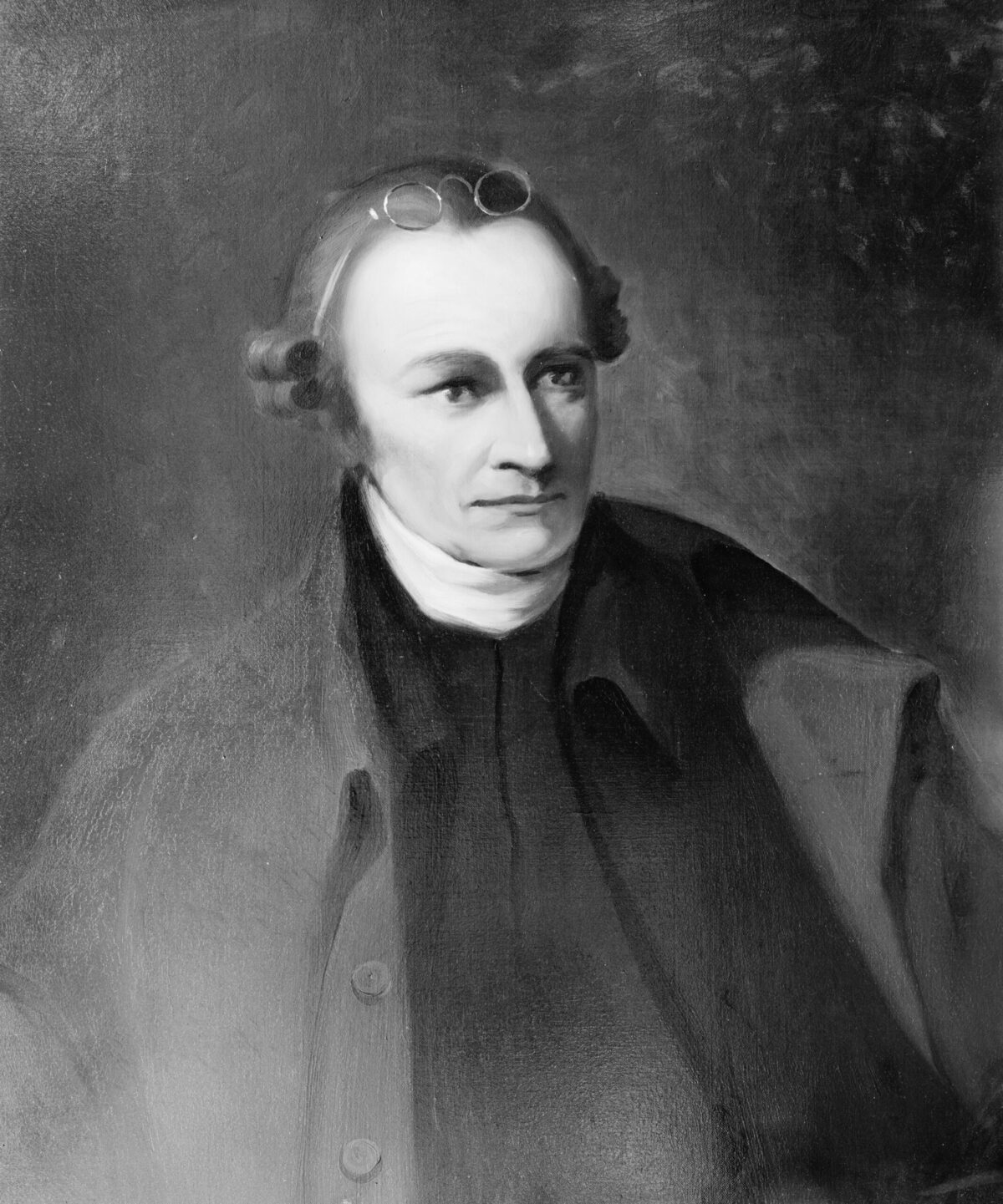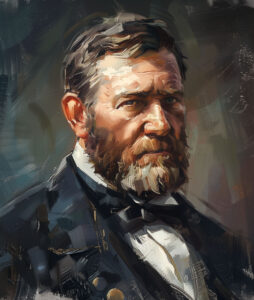Of all the poetic speeches and fiery calls to arms spoken in the prelude to the rupture between Great Britain and its American colonies, perhaps none is as stirring and well known as “give me liberty or give me death.” On March 23, 1775, as Boston galled under the increased presence of British troops and less than a month before the “Shot Heard Round the World” at Lexington and Concord, Virginian Patrick Henry rose to speak before the Virginia Convention assembled in Henrico Church in Richmond, Virginia. While it is known that Henry’s eloquence moved his audience, there is no existing text of his actual words. What we know, or think we know, of his oration comes from the writings of his first biographer. In 1805 American attorney William Wirt, who would run for president of the United States in 1832, began work on a biography of Patrick Henry. Ten years into his task, Wirt wrote of Henry to a friend, “’Tis true he could talk—Gods how he could talk,” but “from 1763 to 1789…not one of his speeches lives in print, writing or memory.” Since Henry was a talker, not a writer, Wirt was forced to fill in the blanks using his own poetic acumen. Wirt’s version of the speech appeared in Sketches of the Life and Character of Patrick Henry in 1817, 15 years after the great patriot’s death and 42 years after the speech. No matter whose words they really are, they still excite. In Wirt’s reconstruction, edited below, Patrick Henry directs his closing comments to the president of the convention.
Let us not, I beseech you, sir, deceive ourselves longer.
Sir, we have done everything that could be done to avert the storm which is now coming on. We have petitioned—we have remonstrated—we have supplicated— we have prostrated ourselves before the throne, and have implored its interposition to arrest the tyrannical hands of the ministry and parliament. Our petitions have been slighted; our remonstrances have produced additional violence and insult; our supplications have been disregarded; and we have been spurned, with contempt, from the foot of the throne. In vain, after these things, may we indulge the fond hope of peace and reconciliation.There is no longer any room for hope. If we wish to be free—if we mean to preserve inviolate those inestimable privileges for which we have been so long contending—if we mean not basely to abandon the noble struggle in which we have been so long engaged, and which we have pledged ourselves never to abandon, until the glorious object of our contest shall be obtained—we must fight!—I repeat it, sir, we must fight! An appeal to arms and to the God of Hosts is all that is left us!
…There is no retreat, but in submission and slavery! Our chains are forged. Their clanking may be heard on the plains of Boston! The war is inevitable—and let it come! I repeat it, sir, let it come!
It is in vain, sir, to extenuate the matter. Gentlemen may cry, “Peace! Peace!”—but there is no peace. The war is actually begun! The next gale that sweeps from the north will bring to our ears the clash of resounding arms! Our brethren are already in the field! Why stand we here idle? What is it that gentlemen wish? What would they have? Is life so dear, or peace so sweet, as to be purchased at the price of chains and slavery? Forbid it, Almighty God! I know not what course others may take; but as for me, give me liberty or give me death!
Originally published in the February 2006 issue of American History. To subscribe, click here.





